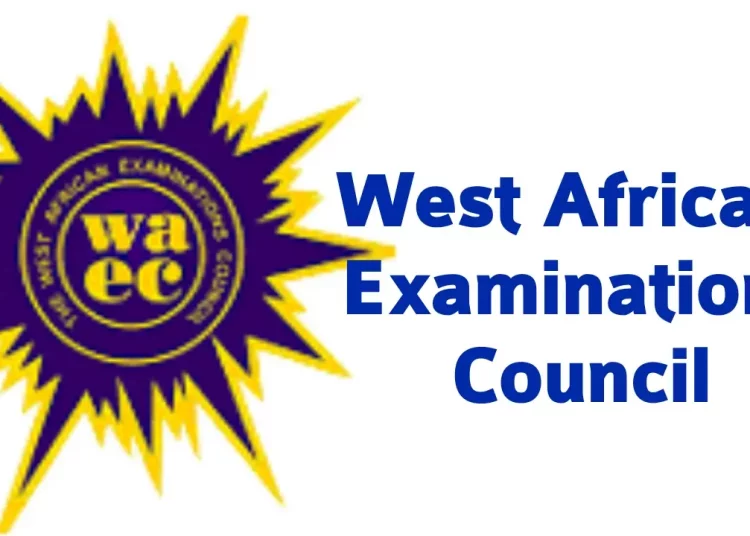Abuja: The House of Representatives has urged the Federal Ministry of Education and the West African Examination Council (WAEC) to suspend the planned computer-based examination policy, which is scheduled to commence in 2026.
The call was sequel to the adoption of a motion by Rep. Kelechi Nwogu (PDP-Rivers) at plenary on Thursday.
Nwogu, while moving the motion, explained that WAEC is a body responsible for conducting the higher education entry qualifying examination for students of Senior Secondary Schools.
He stated that higher education institutions require candidates seeking admission to have at least five credits, including English and Mathematics, in WAEC or its equivalent.
The lawmaker observed that the 2025 West African Senior School Certificate Examination (WASSCE) result portal was shut down due to technical glitches, with the candidates suffering the consequences.
According to him, the Federal Ministry of Education planned to conduct the 2026 WASSCE in March, using the Computer-Based Examination (CBE).
“We are disturbed that despite the outcry by the National Union of Teachers and Heads of Schools, both public and private, especially those in rural areas hosting more than 70 per cent of the students, the Federal Ministry of Education has declared that there is no going back.
“Cognisant that computer-based examination requires a fully furnished hall with functional computers, internet facility, constant electricity supply, be it from the national grid or standby generators.
“Aware that about 25,500 schools across the country have candidates to write the 2026 examination, expected to be conducted simultaneously for four months starting from March to July.
“Also aware that most schools in the urban areas and talk less of schools in the rural areas do not have functional computers, nor computer teachers, and as a result, they have not used a computer before,” he said.
Nwogu said that, unlike the Joint Admission and Matriculation Board (JAMB), no candidate is expected to write fewer than nine subjects, including practical, objectives, and theory questions.
He said that it was wrong to start the policy now without adequate preparation, suggesting that the Federal Ministry of Education and the Examination body should have at least three years’ projection to commence the policy by the 2029/2030 academic year.
The rep said that the 2026 WAEC results of students, considered to be leaders of tomorrow, will be devastating if the CBE policy is allowed to commence, as it will lead to massive failure, frustration, drug abuse, and other social vices.
The house urged the Federal Ministry of Education, in collaboration with its state counterparts, to include the recruitment of computer teachers and all necessary infrastructure in the 2026, 2027, 2028 and 2029 budgets.
The Green Chamber also resolved that proper monitoring of adequate provision in private schools must be conducted before the policy’s implementation in 2030.
The House mandated the Committees on Basic Examination Bodies, Digital and Information Technology, Basic Education, and Services, among other relevant committees, to ensure compliance and report back within four weeks for further legislative action.




